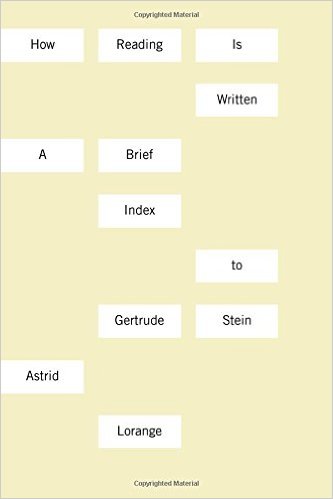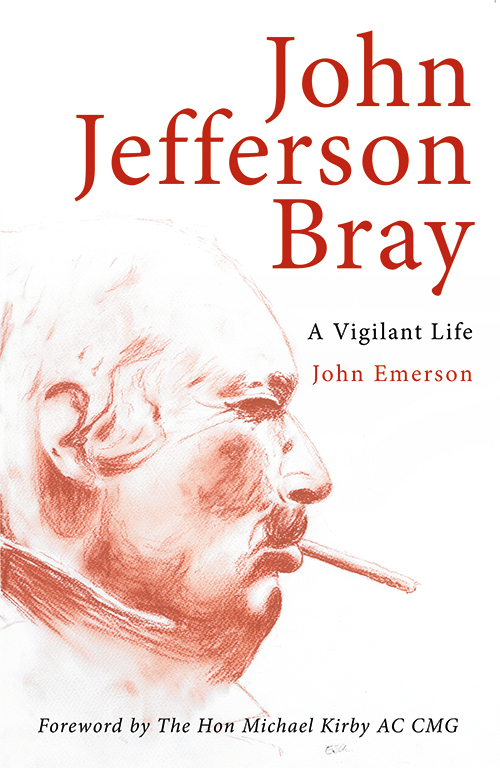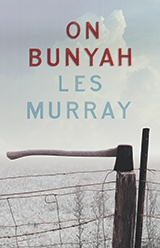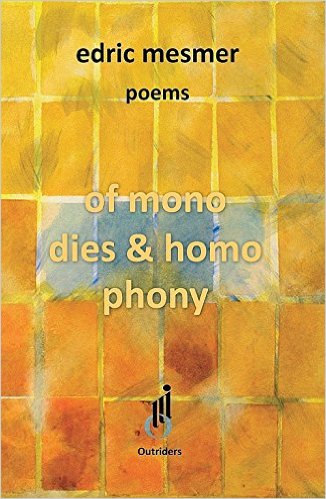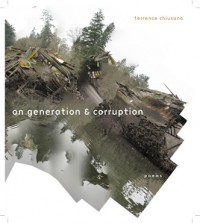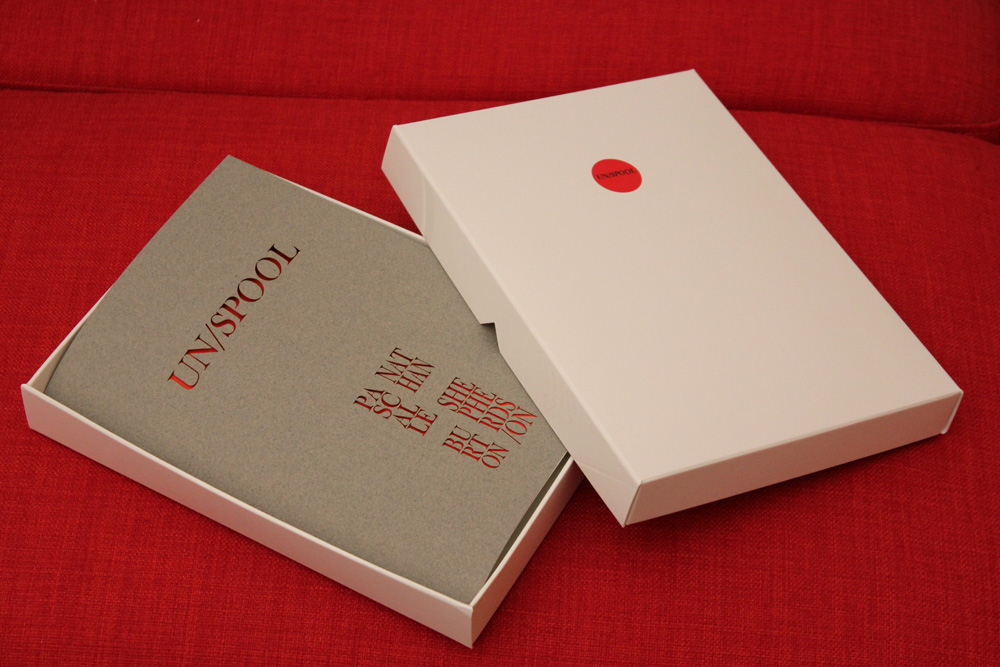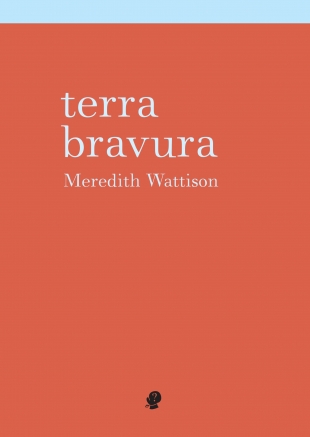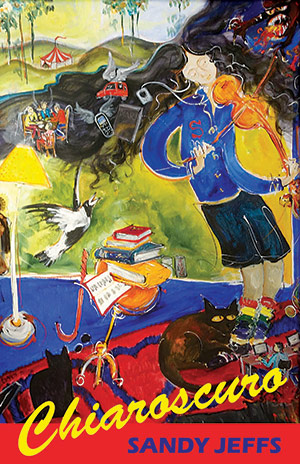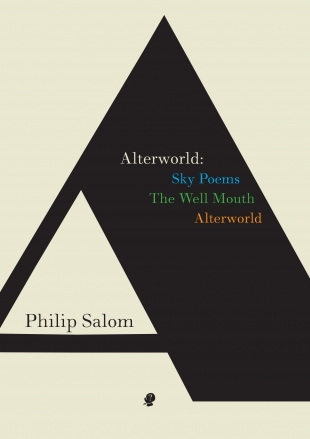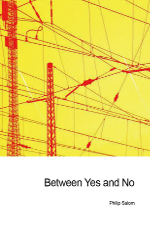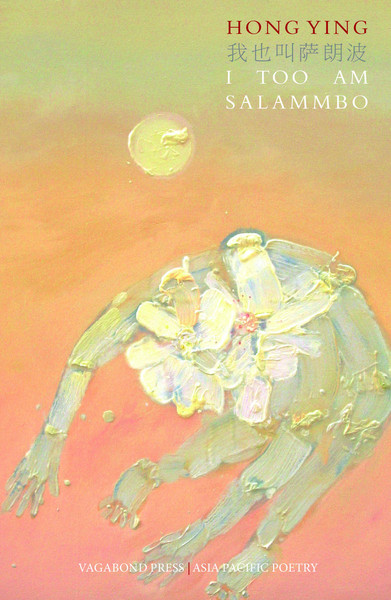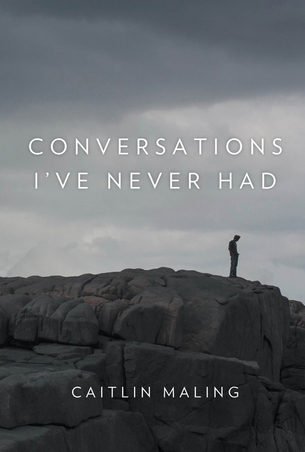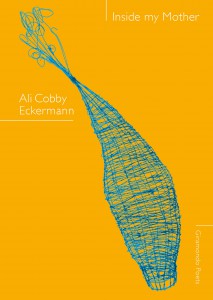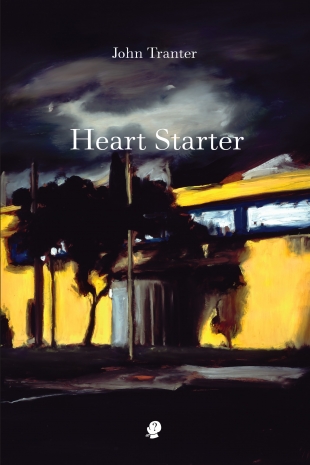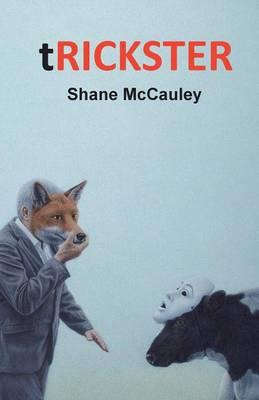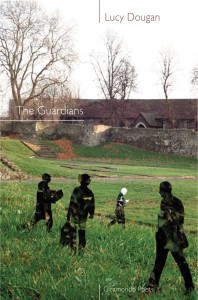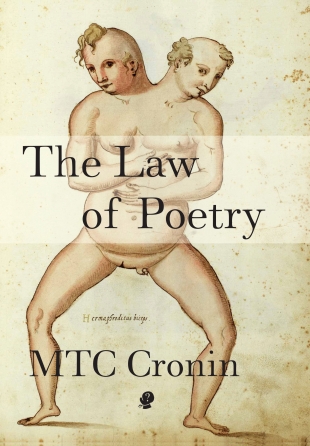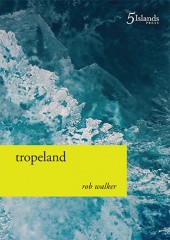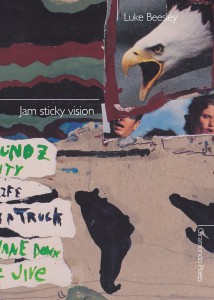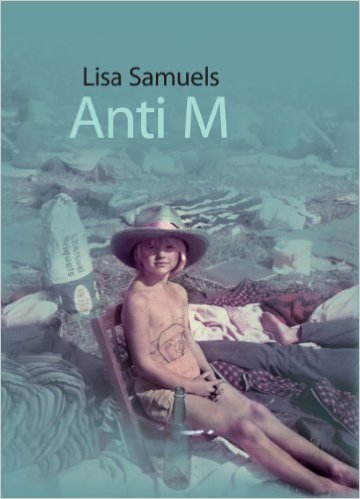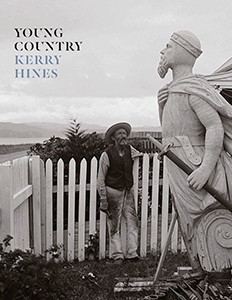BOOK REVIEWS
Review Short: Astrid Lorange’s How Reading is Written: a brief index to Gertrude Stein
Walter Benjamin once suggested that there were two ways in which to misinterpret the writings of Kafka: either by ‘natural’ or ‘supernatural’ explanation. If Kafka’s works have the appearance of parables, the only clue to their solution is that it will be precisely what is not overtly communicated – they are parables, in Adorno’s words, ‘the key to which has been stolen’.
Review Short: John Emerson’s John Jefferson Bray, a Vigilant Life
Former High Court Justice Michael Kirby writes this book’s forward. In it, he praises Bray’s unorthodox brilliance and judicial logic. The Law Lords of the Privy Council relied upon them.
DPP v Lynch is about whether a man forced at gun point to drive IRA killers to murder a police man could rely upon the defence of duress. Lord Morris approves Chief Justice Bray’s dissenting judgment in a South Australian murder case: ‘In a closely reasoned judgment the persuasive power of which appeals to me he held that it was wrong to say that no type of duress can ever afford a defence to any type of complicity in murder…’
Review Short: Les Murray’s On Bunyah
The doggedly metropolitan Frank O’Hara wrote in ‘Meditations in an Emergency’: ‘I can’t even enjoy a blade of grass unless I know there’s a subway handy, or a record store or some other sign that people do not totally regret life.’
In the introduction to On Bunyah, a career-spanning collection of poems about his home township 300 clicks north of Sydney, the stubbornly pastoral Les Murray writes, ‘this book concentrates on the smallest habitats of community, the scattered village and the lone house, where space makes the isolated dwelling into an illusory distant city ruled by its family and their laws.’
David Dick Reviews Edric Mesmer
The arrangement of the title on the front of Edric Mesmer’s Of Monodies and Homoph-ony gives the reader an early opportunity to judge (or, at least, predict) the develop-ment of the text:
of mono
dies & homo
phony
Mesmer takes two words that essentially indicate a single, dominant – or closely related – voice or sound, and breaks them down into their constituents. At the very level of the word itself this undoes any such notion of an isolated predominant melody.
Petra White Reviews Martin Harrison
Many years ago, as a young fruit-picker, I carried Martin Harrison’s The Kangaroo Farm around with me for a week. I was camping on the Murray in Cobram, and struck by Harrison’s vivid evocations of the landscapes like the one in which I was sleeping on rocks. His sense of light, the gristliness of things, the sounds, the movement of kingfishers. It was a world made up of particular details, of things attempted to be seen as they are, rather than being embroidered into any overarching narrative or self-proclaiming poetic. Harrison had a kind of honesty and closeness to things that I hadn’t yet seen in my early days of reading Australian poetry.
Review Short: Daneen Wardrop’s Cyclorama and Terrence Chiusano’s on generation and corruption
About a decade ago ‘trauma’ became an industry in the academic literary critical economy. This was due in part to the success of Cathy Caruth, but there were other theorists that mattered before and after (Freud’s ‘repetition compulsion’ and Elaine Scarry’s body in pain). Holding hands with trauma was ‘witness’. Of course, witnessing has been in the discourse for a long time as well, but there was a steady growth in its paradigmatic quality after the Holocaust industry began to develop more fully (see Norman Finkelstein).
Bella Li Reviews Pascalle Burton and Nathan Shepherdson
Experimental filmmaker, choreographer, dancer, film theorist, poet, lecturer, writer and photographer, Maya Deren was a seminal figure in twentieth-century avant-garde art and theory. To begin with Deren’s words is to follow in the footsteps of Pascalle Burton’s and Nathan Shepherdson’s UN/SPOOL and A gram of ideas on art, form and film – twinned works that are simultaneously homages to, and dialogues with, Deren’s own work and ideas, and entirely new and original pieces of art.
Antonia Pont Reviews Meredith Wattison
I am reluctant to divulge for how long I deferred reviewing Meredith Wattison’s Terra Bravura. It languished with me during the later months of the first half of 2015, then, as I left the country in late June it joined the other analogue reads in my suitcase. Before my departure, I’d plunged in, but was unable to assemble for myself a sense of the individual poems and their relation, with the purpose, of course, of saying something about them that would do the work justice. Like a stern and observant child, the work insisted on a ‘doing justice’. Perhaps rather than opinions, what was gathering for me was a series of unrepresentables; atmospheres.
Review Short: Amelia Dale’s Metadata and Thalia’s A Loose Thread
The question what are we to do at and with the limits of language presents itself as the central question in the two books under review here. That they frame themselves as poetry means that the context in which this occurs is different from art or graphic design – two fields into which both could easily be placed. One does not ‘read’ these works but apprehends them.
Review Short: Sandy Jeffs’s Chiaroscuro
In her poem ‘The suicides’, Janet Frame writes: ‘know they died because words they had spoken/ returned always homeless to them’. Perhaps more deaths could be prevented if people were able to speak without fear of being shamed or ostracised, knowing that their words might lodge in someone’s mind or heart, and that language, if wrestled with, could offer healing.
Review Short: Philip Salom’s Alterworld
Philip Salom’s Alterworld is much more than a standard ‘new and selected’. Two major books, Sky Poems (first published 1987, FACP) and The Well Mouth (2005, FACP) are reworked, and a new collection completes the three.
Review Short: Philip Salom’s Between Yes and No
Philip Salom is a poet and novelist who has, like several others of his generation, made a career straddling academia and a kind of award-and fellowship-winning literary writing (see the long list on his personal website) that has enabled him to retire in his late fifties to write full time.
Tim Wright Reviews Caitlin Maling
Few writers seem to get the viciousness of Perth. John Mateer’s early poems do, and some of Deborah Robertson’s short stories. There’s also Laurie Duggan’s one-liner, ‘you can see why all the really savage punk bands came from here’ (‘Things to Do in Perth’), and for the encyclopaedic and lyrical, John Kinsella’s wonderful, aptly sprawling ‘Perth Poem’.
Review Short: Ali Cobby Eckermann’s Inside My Mother
Celebrated South Australian writer Ali Cobby Eckermann’s fourth volume of poetry, Inside My Mother, is her most substantial and diverse collection to date. Although the book includes a handful of reworked earlier pieces, most of the seventy-three poems are new. Across four sections, these poems enrich and intensify the politically urgent subject matter that Cobby Eckermann’s oeuvre has, over the past decade or so, addressed so effectively. As an Aboriginal descended from the Yankunytjatjara language group, Cobby Eckermann’s chief concern is to express what she sees as the untold truth of Aboriginal people, both in terms of vital aspects of their culture, as well as regarding the (ongoing) detrimental impact of European colonisation. In this new work, Cobby Eckermann’s personal story provides a strong substructure in relation to which these larger issues are artfully explored.
Review Short: John Tranter’s Heart Starter
What is more old-fashioned than modernity? New York in the 1960s; Paris in the 1920s; Edwardian England: how entranced we are by the bygone milieu of modernity. John Tranter has long appreciated the poetic potential of the almost-new, almost-old, as seen in his poems on movies, jazz, the New York School, and so on. But as seen in his latest book, Heart Starter, his interest in such things is not merely nostalgic. Rather, his work is obsessed with remixing the magic pudding of modernity. The past, in other words, is there to be used, not revered or sentimentalised. Tranter’s poetic revisionism treats source texts and forms as transitional objects (to use Winnicott’s term) that offer open-ended play and creativity, rather than demand compliance.
Review Short: Shane McCauley’s Trickster
It is something of a paradigm in literary criticism (poetics included) to couple West Australians with place. Of late Tim Winton and John Kinsella have occupied this ground, but it is there in thinking about Randolph Stow and Dorothy Hewett and many more besides. It was Winton, after all, who wrote – ‘we come from ‘the wrong side of the wrong continent in the wrong hemisphere”. The place, thought of quite literally as location, is simply ‘wrong’, meaning not quite right, meaning askew. This is to say nothing of the spirit here, or how, for a great number of people (some Noongars and others included), this always was and always will be the very centre of the world.
Review Short: Lucy Dougan’s The Guardians
‘The dog ran in there / It had been a mistake / to take up his old trail.’ The bold lines that open ‘The Old House’ (48) from Lucy Dougan’s latest collection, The Guardians, deliver a fine sample of Dougan’s deceptive simplicity. What better emblem for the concept of guardianship than the family dog? But the sentimental cocktail of love and loyalty embodied by this familiar friend is immediately crosscut by the ‘mistake’ of memory, an error of the senses that leads directly to the unheimlich.
Review Short: MTC Cronin’s The Law of Poetry
MTC Cronin’s ‘The Flower, the Thing’ is a favourite poem; one to which I often return. What strikes me immediately – and what stays with me – is its first word: ‘urgently’. That word sucks its reader in; it says that what comes after is ‘urgent’, is going to pull at you. It says, read on.
Review Short: Rob Walker’s tropeland
South Australian poet Rob Walker’s latest collection, Tropeland, is exceptionally playful. Puns and wry twists in language are balanced with humour and a self-conscious sense of otherness, the speakers always slightly displaced from their subjects. Walker is not pessimistic in this process however; there is a consistently optimistic tone throughout Tropeland, as well as a canny awareness of failings and ironies in life.
Review Short: Luke Beesley’s Jam Sticky Vision
Luke Beesley’s long-term preoccupations with film, visual art, writing and literature, return to the fore in Jam Sticky Vision, with the poet now expanding the scope of his work to include 90’s alt-rock bands, like Silver Jews and Pavement. With allusions to filmmaker David Lynch and lo-fi rock musician Bill Callahan couched unselfconsciously beside poems about James Joyce or Henri Matisse, Beesley’s poems may seem to be drawn from something of an eclectic palette. What links the poems nicely together, though, is a close examination of the here and now. In the epigraph from John Dos Passos’s essay ‘The Writer as Technician’ (1935) this idea is more precisely expressed as ‘a time of confusion and rapid change like the present, when terms are continually turning inside out and the names of things hardly keep their meaning from day to day’.
Review Short: Clive James’s Sentenced to Life: Poems 2011-2014
Clive James’s Sentenced to Life is a poetic autopathography outlining his years living with emphysema and leukemia. While illness biographies ‘present information about diagnosis, treatment and outcome trajectories’, more importantly, they ‘share how the illness has affected the sufferer’s wider life course, social network and views of health care institutions.’, as Rachel Hall-Clifford puts it in her Autopathographies: How ‘Sick Lit’ Shapes Knowledge of the Illness Experience. However, James’s poetry is most often centred on his personal discomfort, regrets and ultimately his quest for reassurance that his writing and memory will survive his death.
Sally Evans Reviews Lisa Samuels x 2
Water, Lisa Samuels asserts in her 2010 manifesto for ‘archipelago poetics’, is ‘the unsettling undefined’: the tactile yet formless flow that both separates and joins groups of islands just as language separates and joins groups of selves. With her finely honed, comprehensive poetic and critical capacities, Samuels is a transcultural LangPo marvel – hiding in plain sight here in the wide wetness of the Pacific Ocean since relocating from the US to New Zealand in 2006.
Brigid Magner Reviews Kerry Hines
The relationship between Australia and New Zealand has often been characterised as one of sibling rivalry, between an older and more established nation and a younger and less populous country. As the Honourable MP Phil Goff has commented, it contains ‘the closeness and the rivalries, the expectations and the tensions this implies.’

